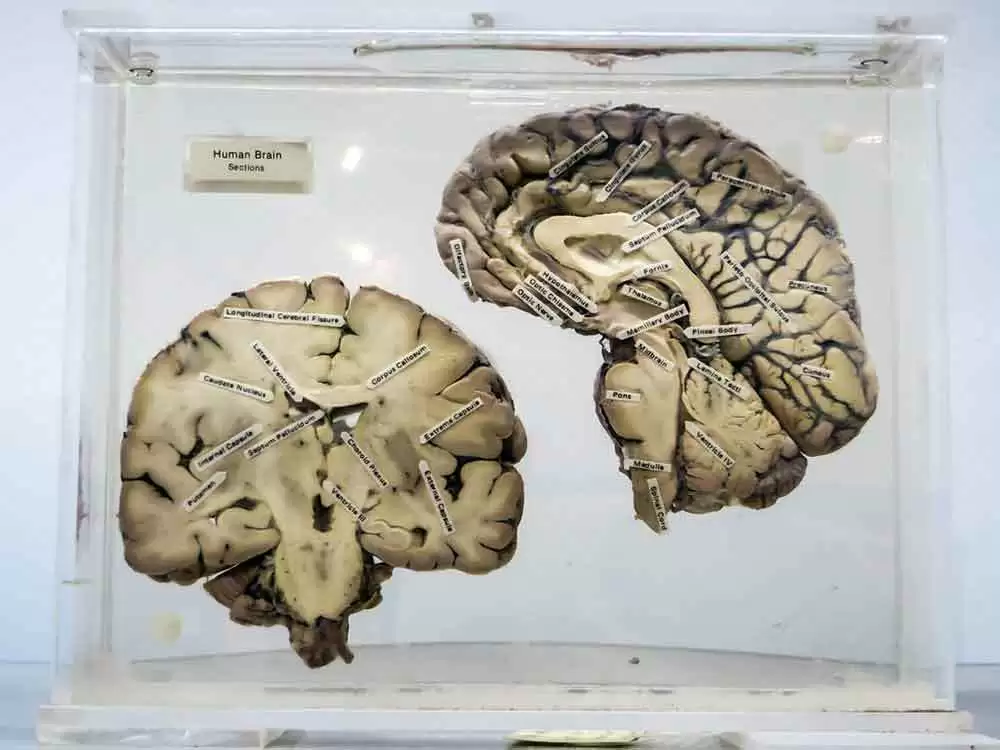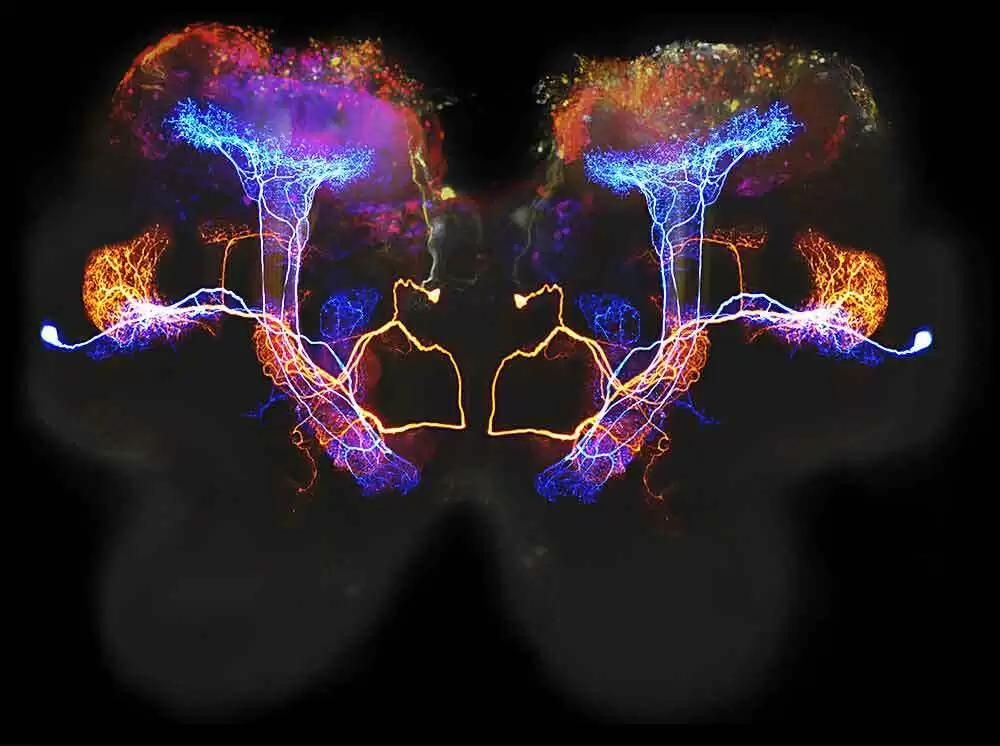
Celiac.com 08/21/2019 - Celiac disease is an autoimmune disorder triggered by gluten consumption. Celiac disease affects about 1% of the population and is often marked by gastrointestinal symptoms, weight loss, and anemia.
A team of researchers recently set out to evaluate the presence of neurologic deficits and determine whether the presence of antibodies to Transglutaminase 6 (TG6) increases the risk of neurologic defects in newly diagnosed celiac disease patients.
Celiac.com Sponsor (A12):
The research team included Marios Hadjivassiliou; Iain D.Croall; Panagiotis Zis; Ptolemaios G. Sarrigiannis; David S. Sanders; Pascale Aeschlimann; Richard A. Grünewald; Paul A. Armitage; Daniel Connolly; Daniel Aeschlimann; and Nigel Hoggard. They are variously affiliated with the Academic Department of Neurosciences, Sheffield Teaching Hospitals NHS Trust, Sheffield, United Kingdom; the Department of Gastroenterology, Sheffield Teaching Hospitals NHS Trust, Sheffield, United Kingdom; the Department of Neuroradiology, Sheffield Teaching Hospitals National Health Service Trust, Sheffield, United Kingdom; and the Matrix Biology and Tissue Repair Research Unit, College of Biomedical and Life Sciences, School of Dentistry, Cardiff University, Cardiff, United Kingdom.
The research team conducted a prospective cohort study of 100 consecutive patients newly diagnosed with celiac disease, based on gastroscopy and duodenal biopsy, at a secondary-care gastroenterology center.
The team collected data on neurologic history, and assessed patients by clinical exams, magnetic resonance imaging of the brain, magnetic resonance (MR) spectroscopy of the cerebellum, and measurements of antibodies against TG6 in serum samples.
The first 52 patients received repeat MR spectroscopy at 1 year after a gluten-free diet. The main goal was to determine if antibodies against TG6 can be used to identify patients with celiac disease and neurologic dysfunction.
The team found gait instability in about 1 in four of the patients, persisting sensory symptoms in 12%, and frequent headaches in 42%. They also found gait ataxia in 29% of patients. Sixty percent of patients had abnormal results from magnetic resonance imaging, while 47% had abnormal results from MR spectroscopy of the cerebellum, and 25% had brain white matter lesions beyond those expected for their age group.
Patients with abnormal MR spectroscopy of the cerebellum showed improved results after 1-year on a gluten-free diet.
This study showed that neurologic deficits were common in people newly diagnosed celiac disease, and that 40% of those patients had circulating antibodies against TG6.
The team found a significant reduction in volume of specific brain regions in patients with TG6 autoantibodies, providing evidence for a link between autoimmunity to TG6 and brain atrophy in patients with celiac disease.
The results of this study emphasize the need for early diagnosis, better clinical awareness of the neurologic aspects of celiac disease, and the promotion of a strict gluten-free diet so that patients can avoid permanent neurologic damage.
Read more in Clinical Gastroenterology and Hepatology






Recommended Comments
Create an account or sign in to comment
You need to be a member in order to leave a comment
Create an account
Sign up for a new account in our community. It's easy!
Register a new accountSign in
Already have an account? Sign in here.
Sign In Now